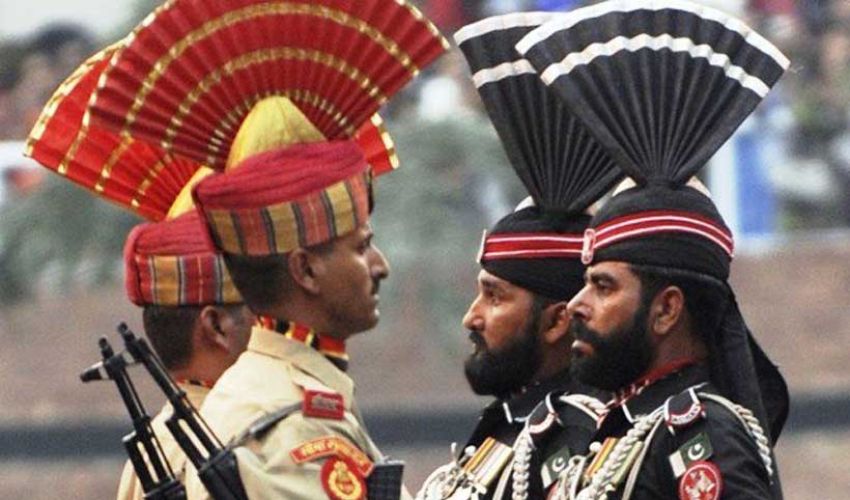The Supreme Court has taken notice of the court's decision on the issue of lifetime disqualification from holding public office and contradictions in the amendment to the Elections Act.
The matter was referred to the judges committee for the constitution of a bench on the issue of disqualification.
When the matter of disqualification of Mir Badshah Qaisrani came to the Supreme Court, the chief justice of Pakistan inquired from the additional attorney general (AAG) about the opinion of the federal government regarding lifetime disqualification.
The AAG replied that according to the federation, Section 232 of the Elections Act is superior to the decision of the Supreme Court. The SC remarked that the petitioner was sentenced to two years with a disqualification on the basis of a fake degree.
An appeal against the disqualification sentence is pending before the Lahore High Court, and the Supreme Court will only look at the question of disqualification.
According to the petitioner's counsel, the disqualification of Mir Badshah Qaisrani is for life. The court declared that the period of disqualification under Section 232 of the Elections Act has been set at five years.
According to the AAG, Section 232 will override the Supreme Court's verdict of lifetime disqualification. The court has interpreted life-long disqualification in Article 62(1).
According to the lawyers, Section 232 of the Elections Act was not challenged. This issue will cause confusion to the returning officers in the upcoming elections.
Whether the returning officer should rely on the Elections Act or the decision of the Supreme Court, this dilemma is not right for democracy. It is a matter of constitutional interpretation and should be decided before a larger bench. So the matter is referred to the judges committee for constitution of the bench.



























